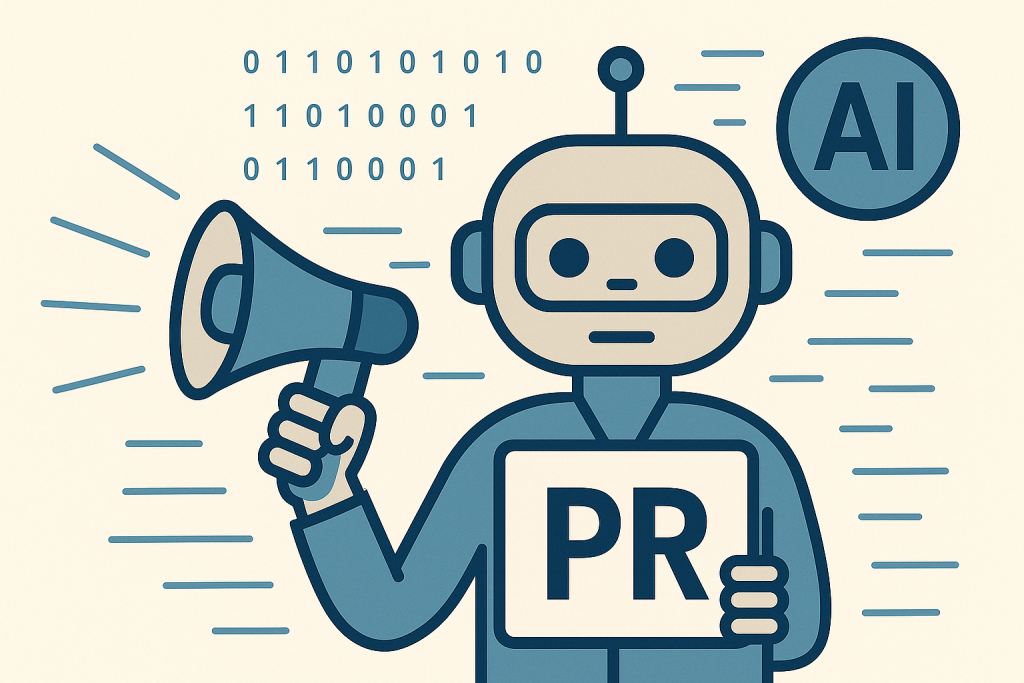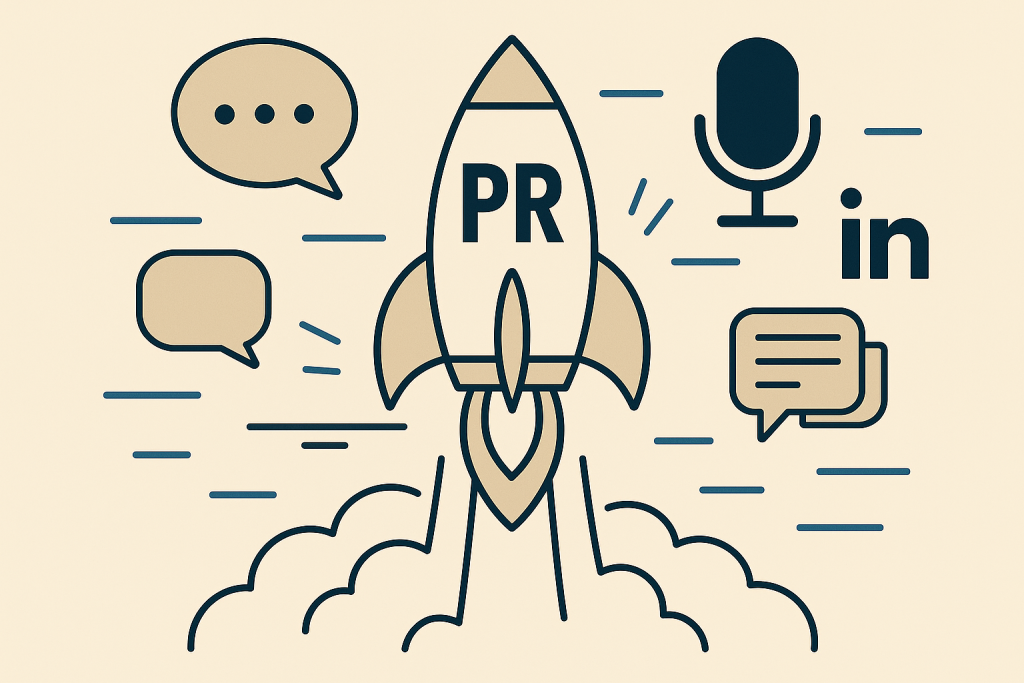
TL;DR
As a tech company, you need visibility, credibility, and a clear story. Whether a PR freelancer or a PR agency is the better fit depends on goals, speed, budget, seniority, and your in‑house resources. I’m Thomas Konrad, a freelance PR consultant. I previously worked in agencies and led in‑house PR—so I know all perspectives. In this guide, I explain the differences, outline typical use cases, and provide a decision checklist—especially for B2B tech and startups.
When a PR Freelancer Is the Better Choice
A PR freelancer shines when you need fast, senior firepower without overhead.
Strengths
- Seniority on demand: A strategic sparring partner who also writes, pitches, and coaches hands‑on.
- Speed & flexibility: Ideal for launches, sprints, interim needs, or targeted market tests.
- For startups: A perfect fit for go‑to‑market and the phases leading up to it.
- Efficient budgets: Minimal overhead—your budget flows directly into output (content, media relations, assets).
- Embedded working: Tight alignment with founders, product, sales, and DevRel—crucial for precise tech narratives.
- Client proximity: Freelancers ideally act like external team members. They are accountable only to you (and themselves), while agency staff are also accountable to their managers and employer.
Typical Use Cases
Market entry, product launch, funding round, category design, CEO ghostwriting, customer stories, bylines/white papers, and strengthening the internal comms team.
What to Watch
Capacity (availability), coverage (vacation/illness), clear KPIs and reporting.
When a PR Agency Makes Sense
A PR agency shows its strengths when you need scale, additional services, and multi‑stakeholder management.
Strengths
- Scalable specialist teams & services: Media, content, social, design, events, and monitoring from a single partner.
- Resource stability: Coverage, on‑call capacity, and structured processes.
Typical Use Cases
Running corporate and product communications in parallel, crisis communications, always‑on programs, and large campaigns with many touchpoints.
For startups: From the growth/scaleup stage onward, agencies can be the better choice.
What to Watch
Day‑to‑day “juniorization,” minimum terms, change requests for scope changes, and contractually securing senior involvement.
Head‑to‑Head: PR Freelancer vs. PR Agency
| Criterion | PR Freelancer | PR Agency |
|---|---|---|
| Speed | Very fast, hands‑on | Fast for standard processes; more alignment required |
| Seniority | Usually direct senior involvement | Strategically senior; operationally often mixed |
| Scale | Focused, clear scope | High, multidisciplinary |
| Budget efficiency | High efficiency, little overhead | More overhead; broader setup |
| Flexibility | High (sprints/projects) | Structured, contract‑bound |
| Availability | Dependent on one person | Team‑based/coverable |
| Transparency | Direct line | Processes & tickets; clear SLAs |
Budget & Engagement Models
- Retainer (monthly): For always‑on PR, thought leadership, ongoing media relations.
- Project/Sprint (8–12 weeks): Launch, rebrand, funding, trade‑show peak.
- Interim/Overlay: Bridges hiring gaps or scales teams during peak periods.
- Hybrid: Freelancer for senior content & strategy; agency for additional channels and production. Or: agency in your home market, freelancer in international markets.
Note: Even if you work with agencies—freelancers often operate in the background.
Decision Checklist: Freelancer or Agency?
- Goals & timeline: Launch in 8 weeks vs. ongoing PR?
- In‑house resources: Do you have owners for content/feedback?
- Story maturity: Do you have a narrative, use cases, data, and customer approvals?
- Budget model: Sprint/project vs. retainer—what fits best?
- Seniority needs: Do you need hands‑on senior expertise or broader team scale?
- Measurability: KPIs, reporting cadence, and tooling defined?
Bottom Line
- PR freelancer: Ideal for speed, senior know‑how, and focused tech storytelling.
- PR agency: Right when you need additional services, stability, and orchestrated programs.
- Best of both worlds: Hybrid models combine strategic depth with scalable execution.
FAQ: “PR Freelancer” vs. “PR Agency”
What’s the difference between a PR freelancer and a PR agency?
A PR freelancer is an individual—often senior—with high flexibility. A PR agency provides a scalable team and additional services—useful for larger programs and more complex setups.
Who benefits most from a PR freelancer?
Startups and B2B tech companies that need to launch quickly, sharpen clear stories, and deploy budget efficiently—with direct access to senior expertise.
When should I hire a PR agency?
When you need 24/7 availability, broader services (design, social, large events), or deeper production and monitoring capabilities.
Can you combine a PR freelancer and a PR agency?
Yes. Often the PR freelancer handles strategy, messaging, and hero content, while the PR agency scales additional channels, monitoring, and production.
About the Author
I’m Thomas Konrad, Tech-PR- and Content-Marketing expert. I have been supporting tech companies and startups with their communications for 25 years. As a freelancer, I bring your products, innovations, people, and brands to the global stage.


